All Stories
-
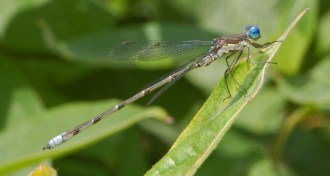 Climate
ClimateHigher temperatures could trigger an uptick in damselfly cannibalism
Experiments in the lab suggest that increases in temperature could indirectly lead to an increase in cannibalistic damselfly nymphs.
-
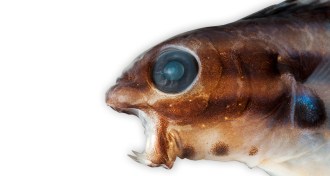 Animals
AnimalsBlennies have a lot of fang for such little fishes
Unlike snakes, blennies evolved fangs before venom, through probably not because of any need to hunt big prey.
By Susan Milius -
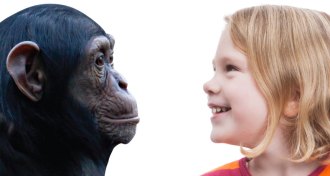 Genetics
GeneticsJumping genes play a big role in what makes us human
Jumping genes have been a powerful force in human evolution.
-
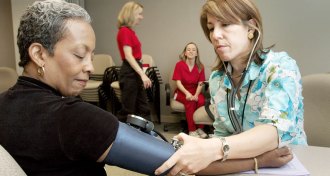 Health & Medicine
Health & MedicineWhere you live can affect your blood pressure, study suggests
For black adults, moving out of a racially segregated neighborhood is linked to a drop in blood pressure, a new study finds.
-
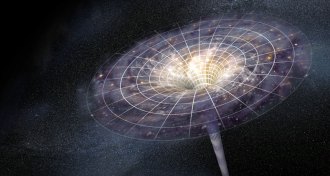 Physics
PhysicsNaked singularity might evade cosmic censor
Physicists demonstrate the possibility of a “naked” singularity in curved space.
-
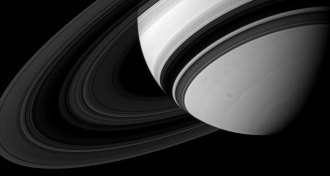 Science & Society
Science & SocietyThe first Cassini to explore Saturn was a person
Cassini, the spacecraft about to dive into Saturn, was named for the astronomical pioneer who first perceived the gap between the planet’s famous rings.
-
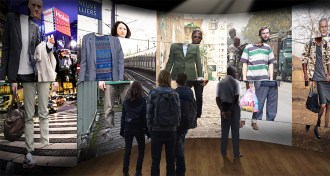 Science & Society
Science & SocietyNew museum exhibit explores science of racism
“Us and Them,” a new exhibit at the Musée de l’Homme in Paris, draws on genetics, psychology, anthropology and sociology to examine why racism and prejudice persist.
-
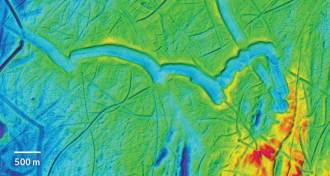 Earth
EarthStunning images reveal glacial landscapes under the oceans
The most detailed atlas of the seafloor ever compiled offers colorful imagery and ghostly glimpses of Earth’s glacial past.
By Beth Geiger -
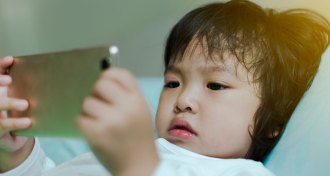 Health & Medicine
Health & MedicineToddlers’ screen time linked to speech delays and lost sleep, but questions remain
Two new studies link handheld screen time for young children to less sleep and greater risk of expressive language delays. But the results are preliminary.
-
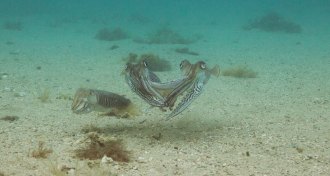 Animals
AnimalsWatch male cuttlefish fight over a female in the wild
For the first time, researchers have observed the competitive mating behaviors of the European cuttlefish in the field.
-
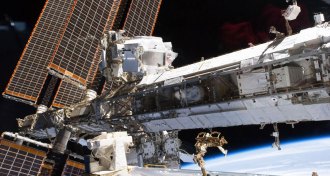 Particle Physics
Particle PhysicsAntiproton count hints at dark matter annihilation
Antimatter in cosmic rays could be a sign of dark matter.
-
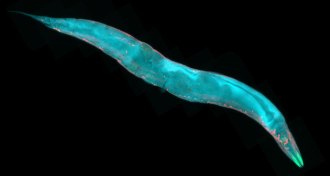 Genetics
GeneticsSelfish genes hide for decades in plain sight of worm geneticists
Crossing wild Hawaiian C. elegans with the familiar lab strain reveals genes that benefit themselves by making mother worms poison offspring who haven’t inherited the right stuff.
By Susan Milius